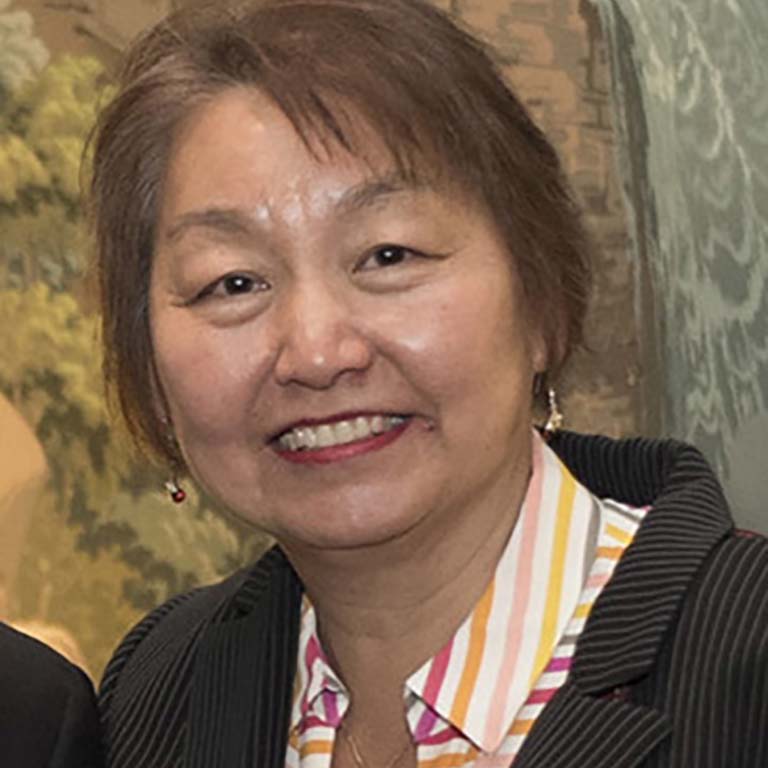- Discovery Neuroscience Research, Eli Lilly and Company, 1999-2004
- Postdoctoral Fellow, Washington University School of Medicine, St. Louis
- Ph.D., Northwestern University

Ho-Ching Tiffany Tsui
Senior Scientist, Winkler Lab, Biology

Senior Scientist, Winkler Lab, Biology
S. pneumoniae is a major human respiratory pathogen that kills millions of people annually worldwide. Drug-resistant S. pneumoniae is listed as a “serious threat” to health in the U.S.A. that “requires prompt and sustained action” in the 2013 CDC report Antibiotic Resistance Threats in the United States, 2013. Research performed on this organism has the practical significance of increasing knowledge about mechanisms and structures that contribute to antibiotic resistance and by providing potential new surface targets for vaccines and antibiotic development.
A major goal of my current research is to determine the dynamics and mechanisms of peptidoglycan (PG) biosynthesis in S. pneumoniae. PG is the macromolecular mesh that surrounds all eubacteria and determines their cell shape, size, and chaining, which in turn, allows them to survive in different environmental niches, including in the human body. A principle that has emerged from our previous work and that of other laboratories is that different-shaped bacteria use different mechanisms to control the composition, coordination, and chronology of the machines that synthesize and remodel PG. A combination of genetics, physiology, biochemistry, and high-resolution 3D-SIM microscopy has led to the discovery that the pneumococcal PG synthesis machines locate to different places in cells in the middle stages of division. We have also discovered and characterized new enzymes (MltG lytic transglycosylase) and regulatory proteins (GpsB; EzrA; MreCD; and RodZ) that control pneumococcal cell division and PG biosynthesis in different ways than in rod-shaped B. subtilis.